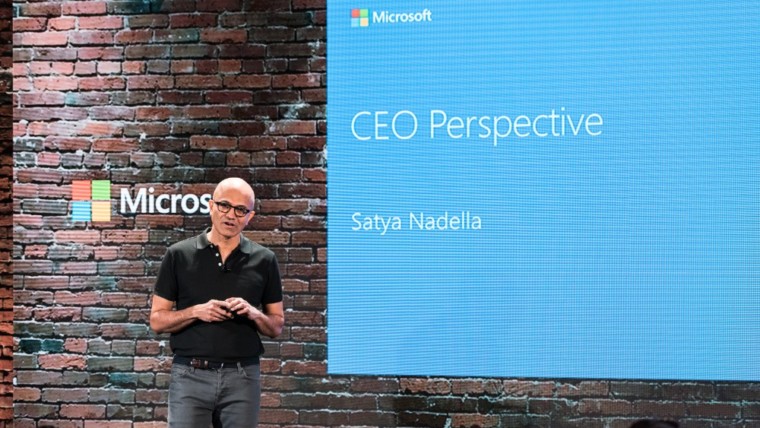Hotel kitchens are in the midst of a talent crisis: there aren’t enough experienced chefs to go around in the hotel building boom, where the hospitality chains are outpacing the available talent. Beginning in 2014, Hyatt leadership focused their efforts to retain top talent by creating a recognition program called “The Good Taste Series.” Designed to reward brand loyalty and hard-to-replace skills, the program is an internal culinary competition in which kitchen staff create new dishes within individual hotels, advance to regional contests, and eventually show their prowess in national finals.
The reward? Seven extra days of vacation, plus two airline tickets and a free stay at any Hyatt property in the Americas. Beyond monetary compensation, the program empowers kitchen staff by offering new challenges in a job that often requires monotonous tasks day in and day out. Hyatt benefits, too: kitchen turnover has been reduced by approximately 10% across 130 full-service properties in the Americas, and six of the 12 finalists from 2014 alone were promoted.
How to Implement a Competition to Motivate Employees
- Plan well in advance. Hyatt leadership began mapping out the program a year before it commenced. To begin, leaders grouped hotels at the regional level for the multi-tiered competition. Second, leadership put together the costs of creating Great Taste, starting from round one to finals. Hyatt secured sponsors to help push along the program and maintain the intended scale. Most importantly, the leadership team came together to design the experience for chefs, and created toolkits and rule guides for individual hotels, making it easier to host the competition.
- Tie it back to company goals. Similar to Iron Chef, Hyatt pulled together a mystery basket menu for participants to use in the competition, in which many of the ingredients were informed by food and beverage trends and goals for the hotel. For example, Hyatt took an interest in offering more sustainable seafood in 2015 menus, so made it the theme of the 2014 competition.
- Bring in an outside perspective. Hyatt put together a panel of six culinary judges outside of the company to judge the competition based on flavor, presentation, and how the chefs interacted with the judges. This practice eliminates internal bias—in fact, a sous chef won the whole competition in 2014.
- Reward camaraderie. As an essential part of kitchen teamwork, Hyatt wanted to recognize both individual achievement and collaborative efforts. Rather than reality TV-style hysterics, Hyatt leadership watched chefs from different kitchens and hotels help each other with presentation and set up. The competition managed to connect cooks and build relationships beyond regional teams.








The Evolutionary Edge
Every Link Ever from Our Newsletter
Why Self-Organizing is So Hard
Welcome to the Era of the Empowered Employee
The Power of “What If?” and “Why Not?”
An Adaptive Approach to the Strategic Planning Process
Why Culture/Market Fit Is More Important than Product/Market Fit
Group Decision Making Model: How to Make Better Decisions as a Team